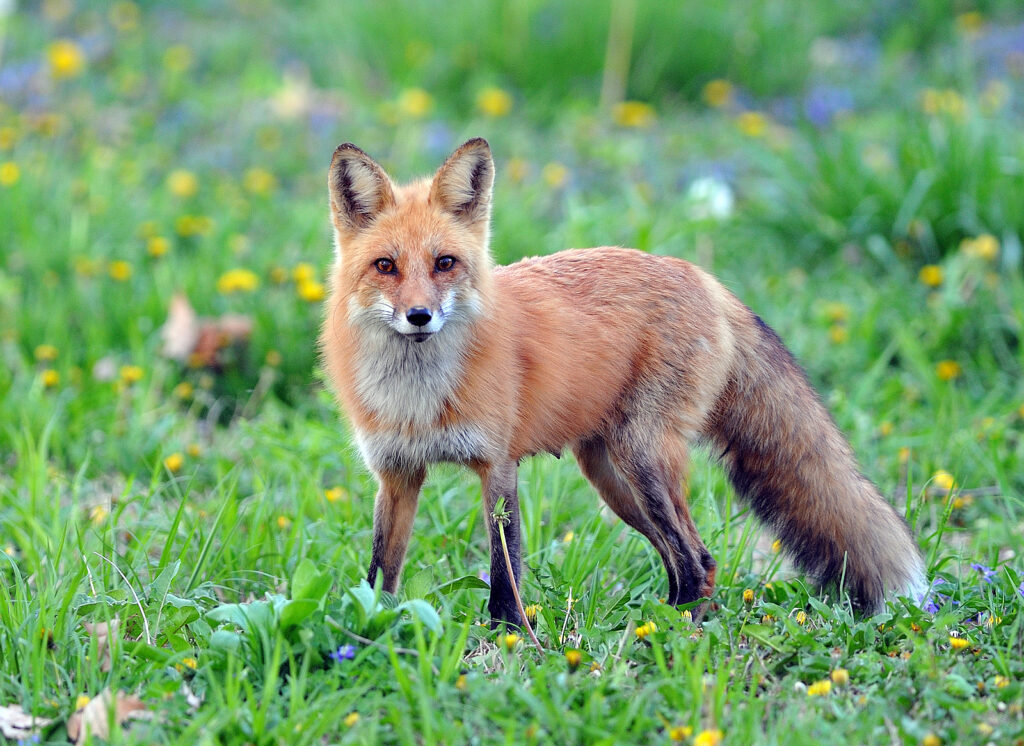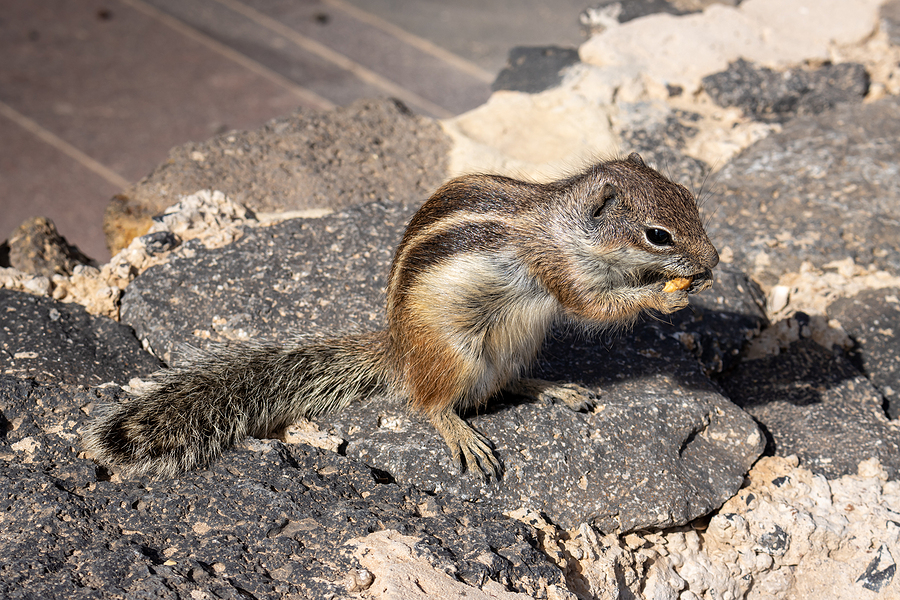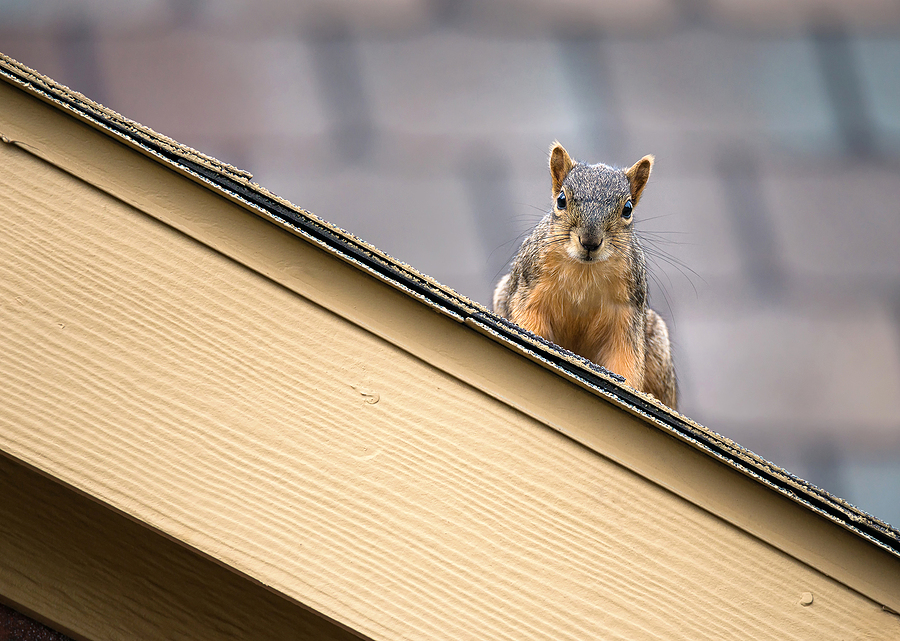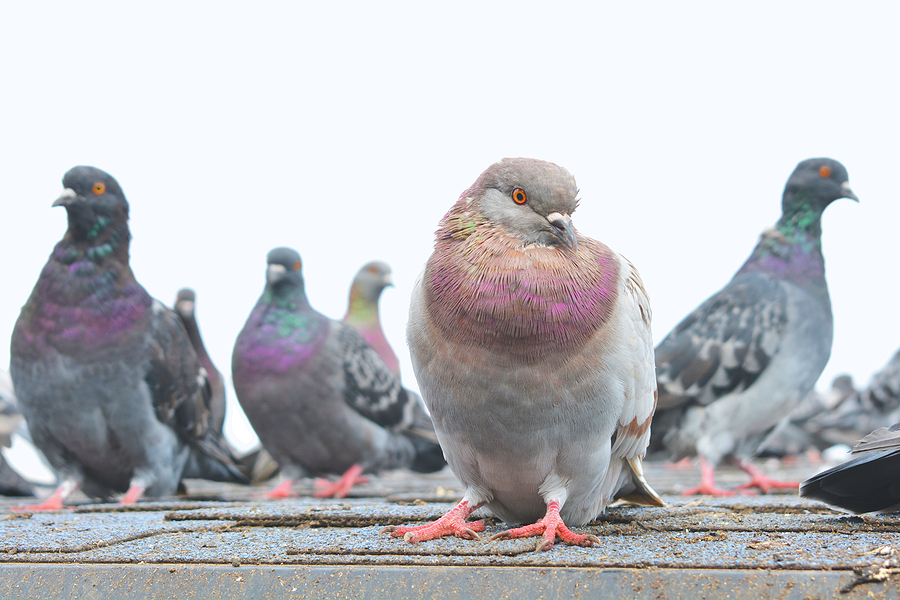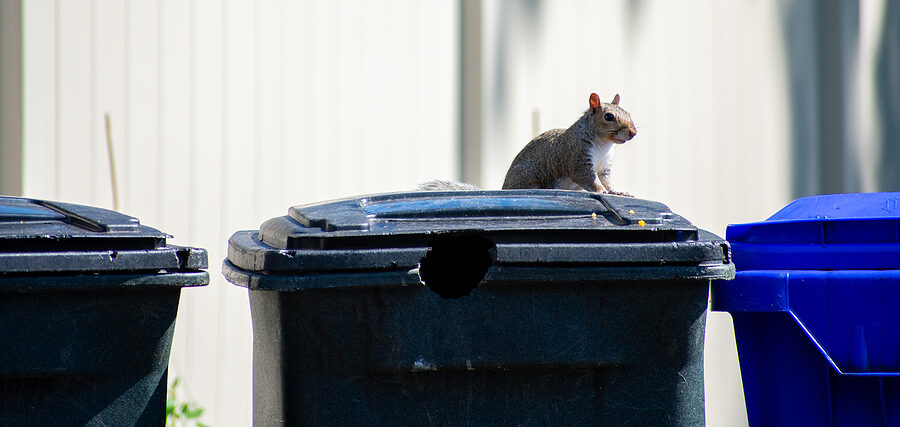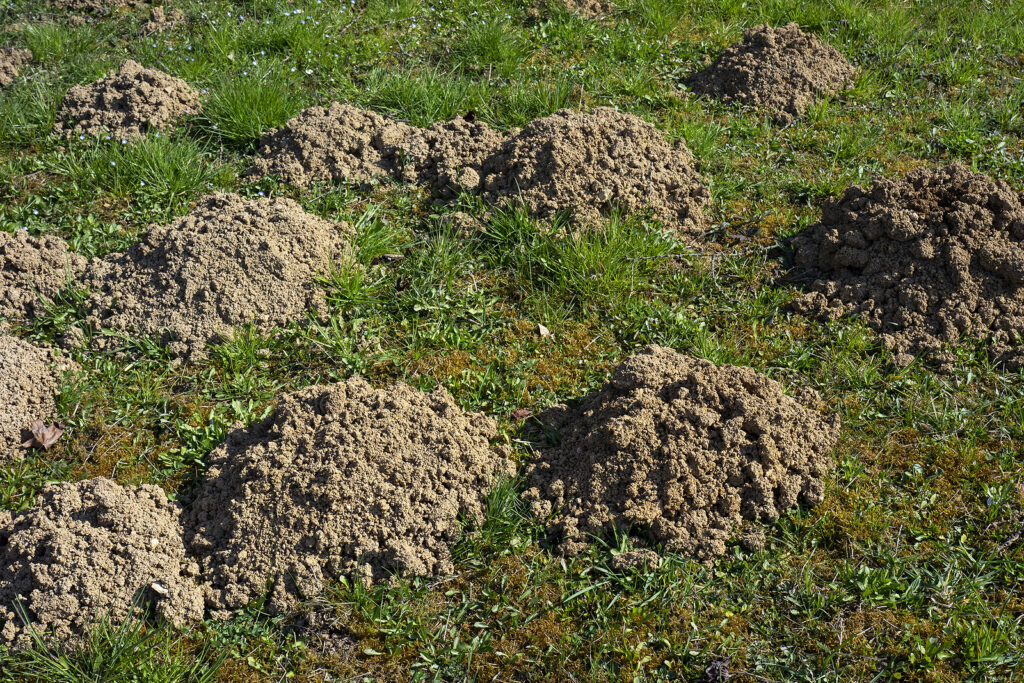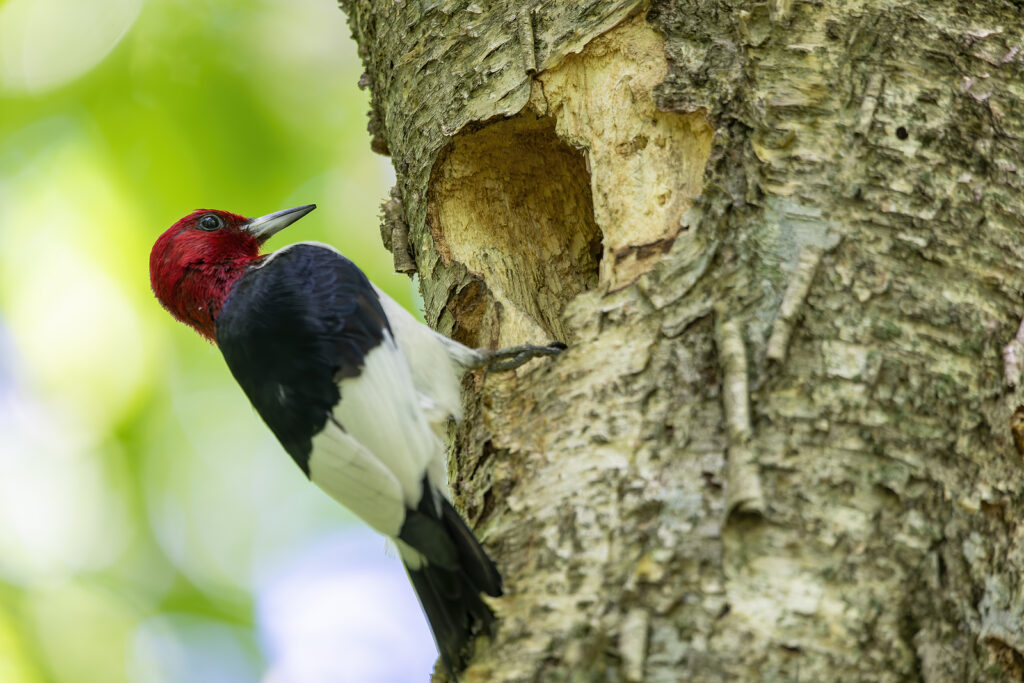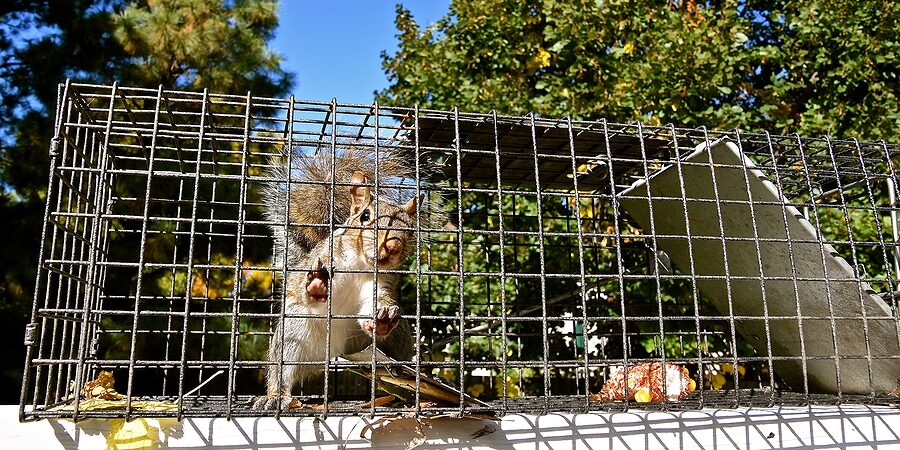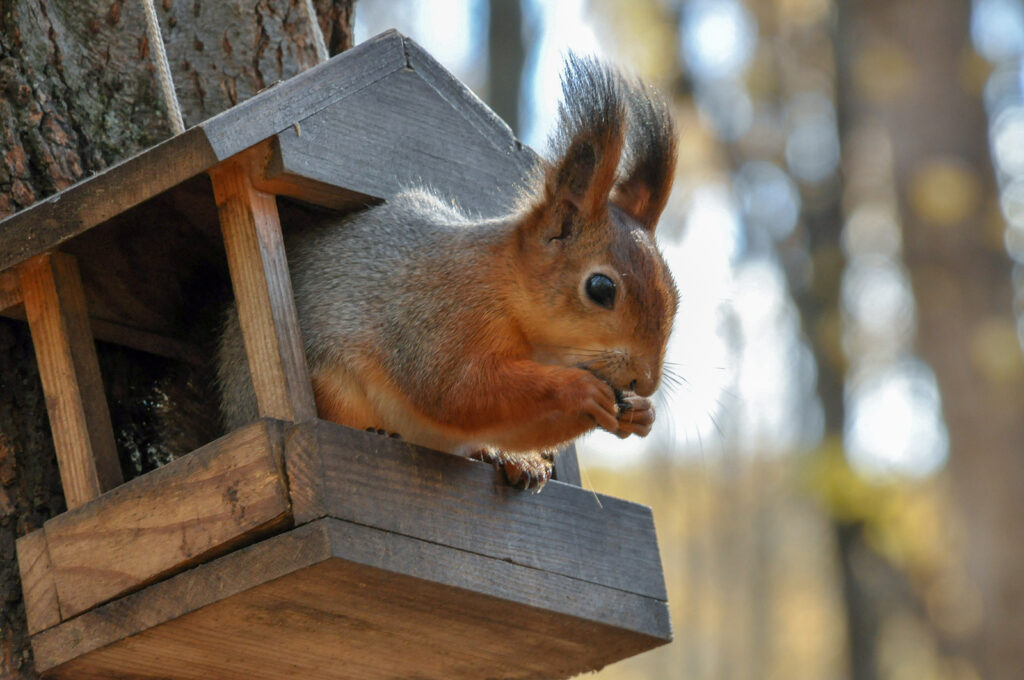Discovering that you have an uninvited guest in your home can be quite disconcerting, especially when that guest is a squirrel. Although fuzzy and often adorable, these creatures can wreak havoc in your attic, causing significant damage and potential health risks.
This blog post delves into the key aspects of squirrel infestation, providing you with much-needed insights into squirrel removal and control strategies. Stay with us as we explore the signs of an infestation, the potential dangers it carries, and the most effective methods you can employ to reclaim your space from these agile invaders.
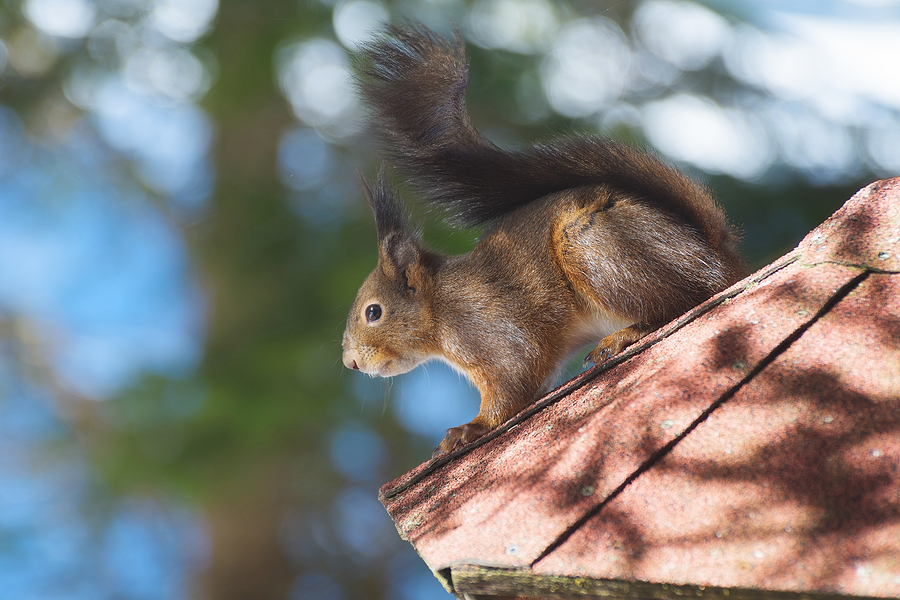
Signs of Squirrel Infestation
The first step in dealing with a squirrel problem is to be aware of the signs that may indicate an infestation. Some common red flags include:
▷ Strange noises coming from the attic or walls, such as scratching, scampering, or squeaking.
▷ Chew marks and gnawed openings on your roof or around your home’s exterior.
▷ Droppings and debris, such as leaves, twigs, and insulation, scattered around your property.
If you notice any of these signs, it is crucial to take action immediately before the problem escalates. Ignoring a squirrel infestation can lead to costly repairs and potential health hazards for you and your family.
The Dangers of Squirrel Infestation in Your Home
Aside from causing property damage, a squirrel infestation can also pose health risks. These rodents are known carriers of diseases and parasites that can be transmitted to humans through direct contact or exposure to their droppings. Some of these include:
▶ Leptospirosis: A potentially life-threatening bacterial infection.
▶ Salmonella: A type of food poisoning caused by consuming contaminated food or water.
▶ Tularemia: A disease that can cause flu-like symptoms and, if left untreated, lead to severe complications.
In addition to these health concerns, squirrels can also attract other pests into your home. Their nesting materials and droppings can serve as a food source for insects and other rodents, creating a cycle of infestation that can be challenging to break. Accordingly, you should never keep a wild squirrel as a pet, even if it is a baby.
Squirrel Removal and Control Strategies
If you suspect or confirm a squirrel infestation in your attic, it is essential to act quickly. Here are some effective strategies for removing and controlling squirrels:
Use one-way exclusion devices: These devices allow squirrels to leave but not re-enter the attic, effectively trapping them outside.
Install physical barriers: Seal off any potential entry points, such as holes or gaps in your roof or walls.
Keep trees and branches trimmed: Squirrels are excellent climbers and can use overhanging branches to access your home’s roof.
Use squirrel deterrents: Natural animal repellents like peppermint oil or predator urine can discourage squirrels from entering your attic.
It is crucial to note that while DIY methods may work in some cases, it is always best to seek professional wildlife control company help. Pest control experts have the necessary permits, training, licensing, knowledge, and equipment to safely and effectively remove squirrels from your home.
Final Takeaway
In conclusion, a squirrel infestation can be a significant nuisance and potential threat to your property and health. By being mindful of the signs, dangers, and removal and control strategies discussed in this blog post, you can take the necessary steps to address and prevent a squirrel infestation. Remember, early detection and prompt action are crucial in dealing with these agile invaders. So, if you suspect a squirrel problem in your attic, don’t hesitate to seek professional help for efficient and long-lasting results. With proper precautions and proactive measures, you can keep your home squirrel-free and safe for years to come.
Don’t let these furry creatures take over your space – tackle the issue head-on and reclaim your attic today! Contact Modern Wildlife Control at 317-847-6409 for licensed and insured animal trapping and removal for squirrels in Indianapolis, Indiana. We serve residential and commercial clients.
Related Posts:
Identifying the Signs of a Squirrel Infestation in Your Home
How to Keep Squirrels Out of Your Stuff
Will the Color Red Scare Squirrels Away?

